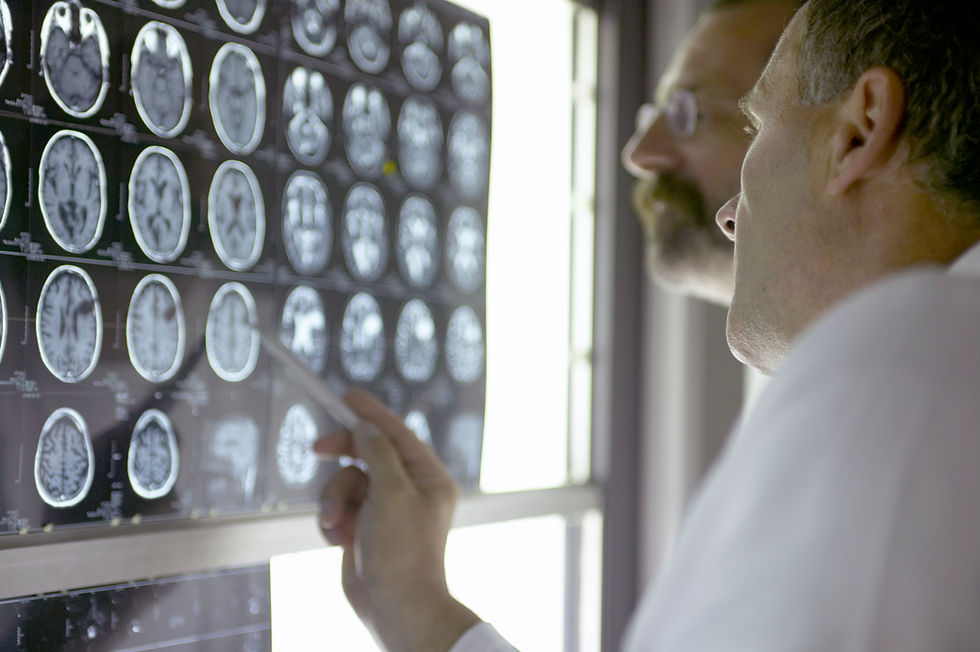
IsabellaFulchan.com

cause & effect

cause & effect
Atherosclerosis is a lifestyle disease. Unfortunately the causes of atherosclerosis in most cases are self inflicted. In a previous definition we understand that atherosclerosis is where the arteries become narrowed and hardened due to a buildup of plaque around the artery walls. What causes this buildup?
Causes of Atherosclerosis
According to The National Heart, Lung, and Blood Institute (NHLBI) - U.S. Department of Health & Human Services, atherosclerosis is caused by:
-
Smoking
-
High amounts of certain fats and cholesterol in the blood
-
High blood pressure
-
High amounts of sugar in the blood due to insulin resistance or diabetes.
In most cases the list above are from bad lifestyle choices. Clearly if a person can stop smoking, consuming foods high in fats, reducing stress and foods high in sugar and carbohydrates control their weight, they can reduce the likelihood of atherosclerosis.
Effects of Atherosclerosis
According to The National Heart, Lung, and Blood Institute (NHLBI) - U.S. Department of Health & Human Services, the effects of atherosclerosis are:
-
Heart attack: “When atherosclerosis narrows the arteries close to your heart, you may develop coronary artery disease, which can cause chest pain (angina), a heart attack or heart failure, (NHLBI).”
-
Stroke: “When atherosclerosis narrows the arteries close to your brain, you may develop carotid artery disease, which can cause a transient ischemic attack (TIA) or stroke, (NHLBI).”
-
Chronic kidney disease: “Atherosclerosis can cause the arteries leading to your kidneys to narrow, preventing oxygenated blood from reaching them. Over time, this can affect your kidney function, keeping waste from exiting your body, (NHLBI).”
-
Death.
The effects of atherosclerosis can be devastating! Patients tend to fall into depression when diagnosed with atherosclerosis. Phycological help is often recommended by Doctors with patients with atherosclerosis.